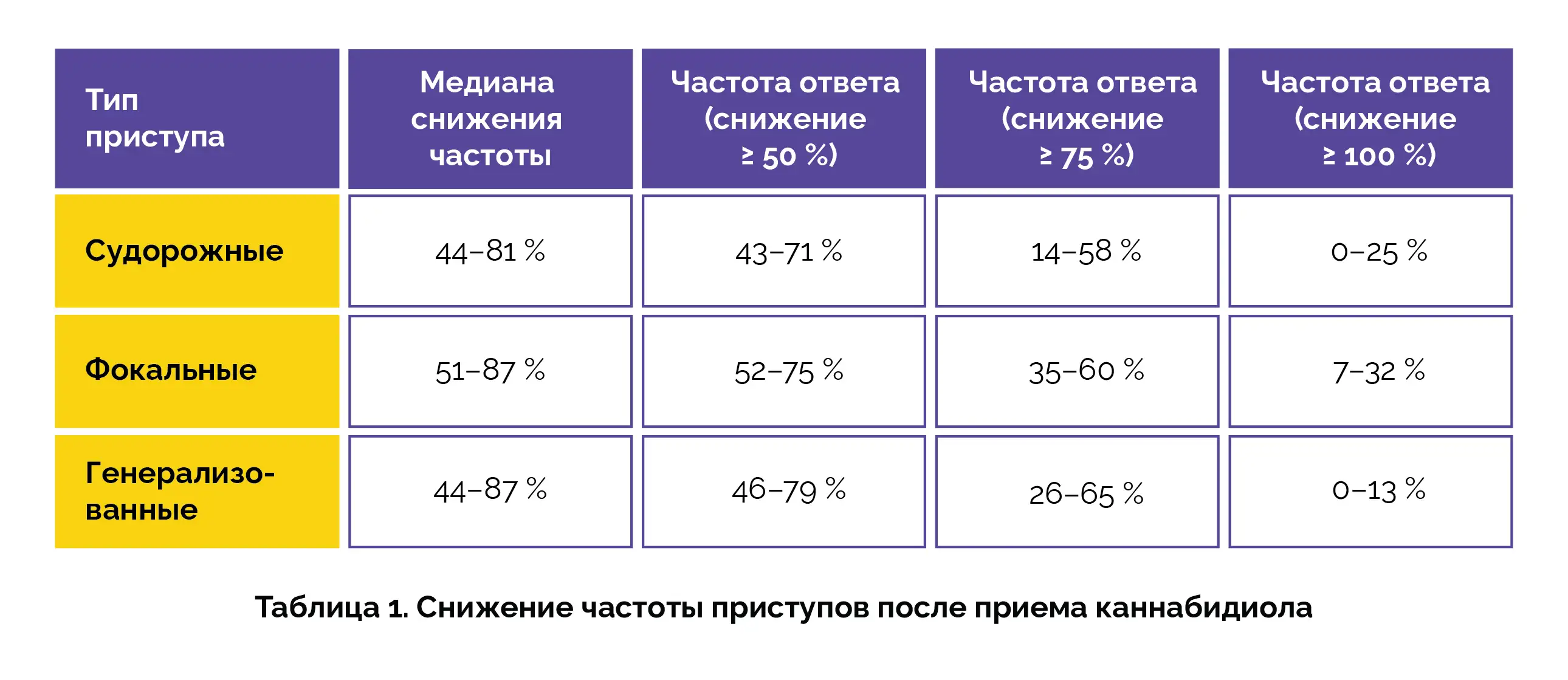Категории
Сменить пароль!
Сброс пароля!


Каннабидиол (КБД), соединение растительного происхождения, вызвал всеобщий интерес благодаря своему потенциалу в лечении эпилепсии.
Подтверждена значимая долгосрочная эффективность каннабидиола в снижении частоты приступов у пациентов с комплексом туберозного склероза, с контролируемыми побочными эффектами.
Каннабидиол (КБД), соединение растительного происхождения, вызвал всеобщий интерес благодаря своему потенциалу в лечении эпилепсии. Пациентам с резистентной эпилепсией, включая комплекс туберозного склероза (КТС), была предоставлена возможность получения КБД в рамках программ благотворительно-испытательного использования с расширенным доступом. Цель данного исследования состояла в оценке эффективности и безопасности долгосрочного приема КБД у пациентов с КТС, заболеванием, которое часто оказывается резистентным к традиционным методам лечения.
В ходе исследования пациенты получали масло КБД в качестве дополнительного лечения. Начальные дозы варьировались от 2 до 10 мг/кг/сут с повышением до 25–50 мг/кг/сут в зависимости от переносимости. Эффективность оценивали по изменению частоты приступов и частоте ответа на лечение с интервалами продолжительностью 12 недель в течение 144 недель. Кроме того, в течение 233 недель отслеживали безопасность КБД.
В исследовании приняли участие 34 пациента с КТС в возрасте от 1,8 до 31,2 года. Медиана количества противосудорожных препаратов до начала приема КБД у них составила 3. Медиана дозы КБД варьировалась от 25–28 мг/кг/сут в начале терапии до 20–50 мг/кг/сут позднее. Снижение частоты приступов было значимым при всех типах приступов (см. таблицу 1 ниже).

Нежелательные явления (НЯ) были частыми, у 94 % пациентов было зарегистрировано минимум одно НЯ. Серьезные НЯ, считавшиеся не связанными с лечением, наблюдались у 47 %, в то время как у 71 % были зарегистрированы НЯ, связанные с лечением, включая сонливость, диарею и атаксию. Двое пациентов прекратили лечение из-за НЯ, но смертельных исходов зарегистрировано не было.
Долгосрочное применение КБД было эффективным в снижении частоты приступов у пациентов с КТС, с профилем безопасности, соответствующим предыдущим исследованиям. Результаты свидетельствуют о потенциале КБД в качестве ценного дополнения к схемам лечения эпилепсии, при этом значимая эффективность КБД при приступах сопровождается побочными эффектами только легкой и средней степени тяжести.
Epilepsia open
Long-term efficacy and safety of cannabidiol in patients with tuberous sclerosis complex: 3-year results from the cannabidiol expanded access program
Arie Weinstock и соавт.
Комментарии (0)